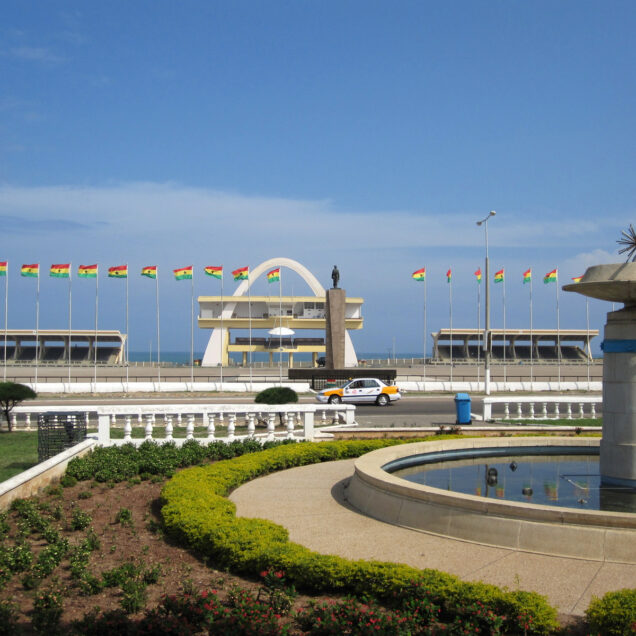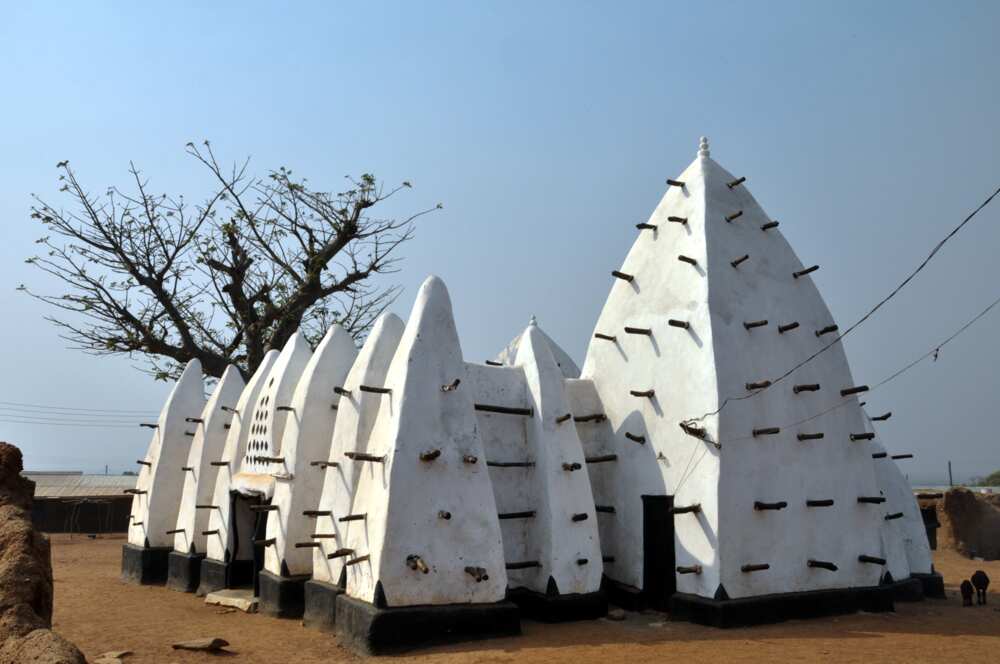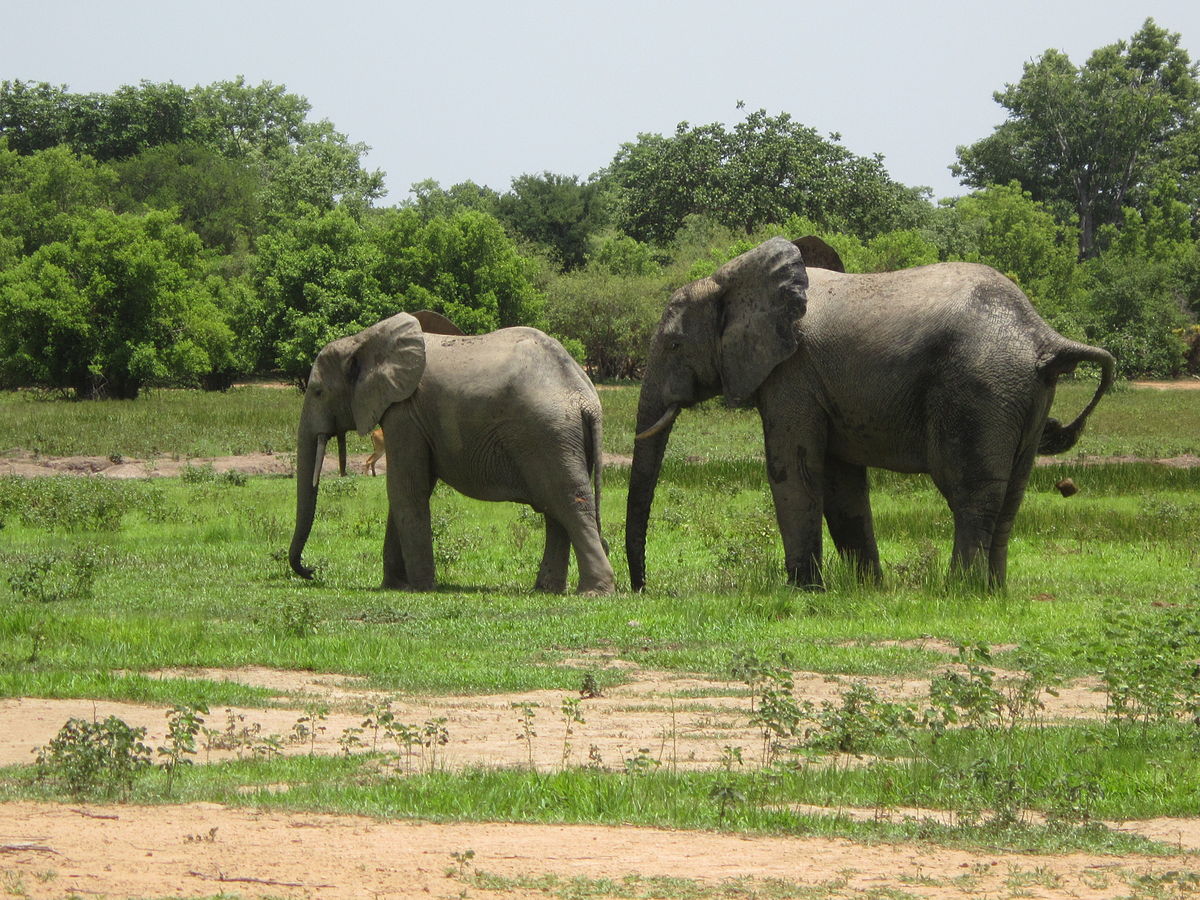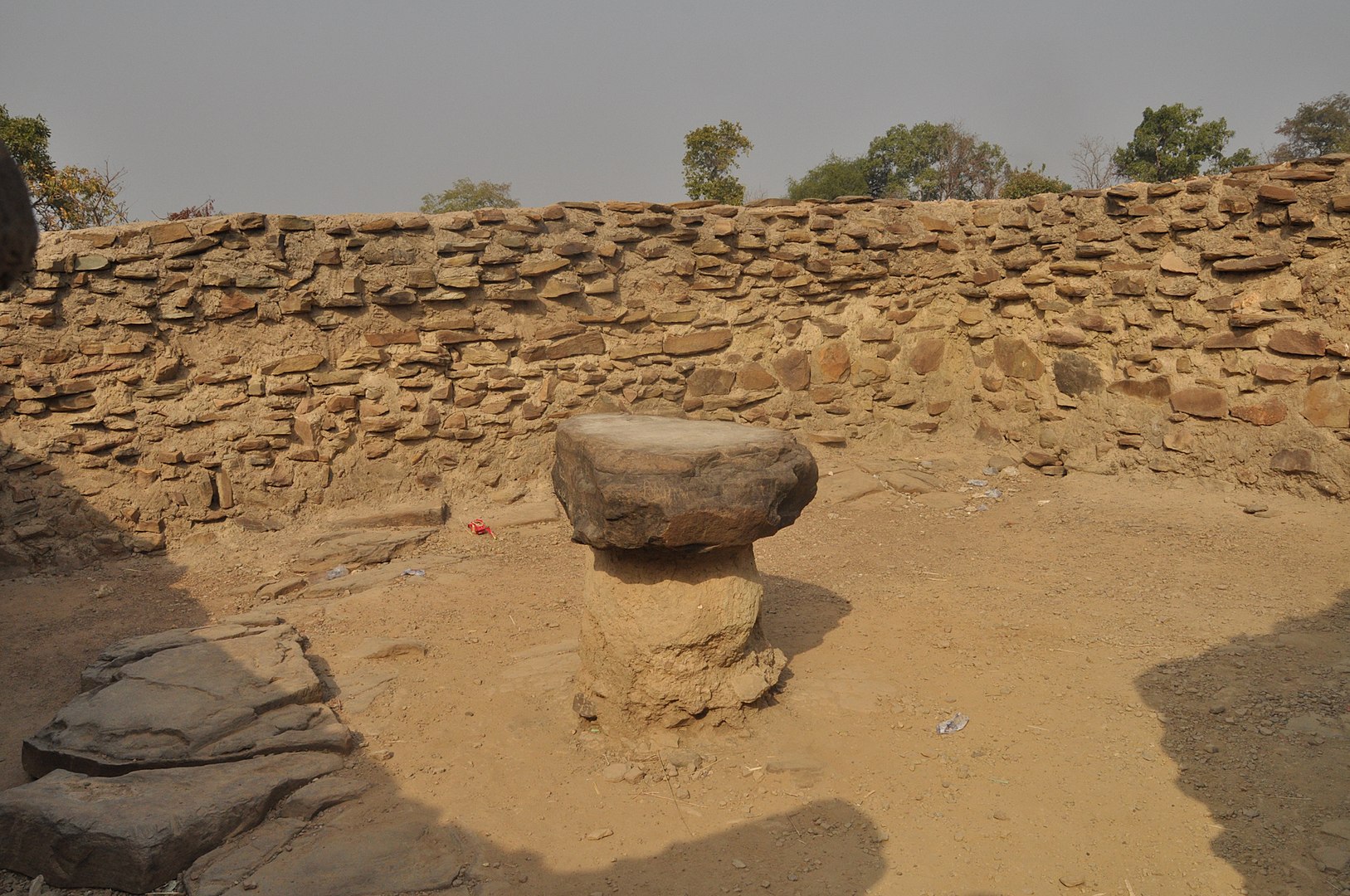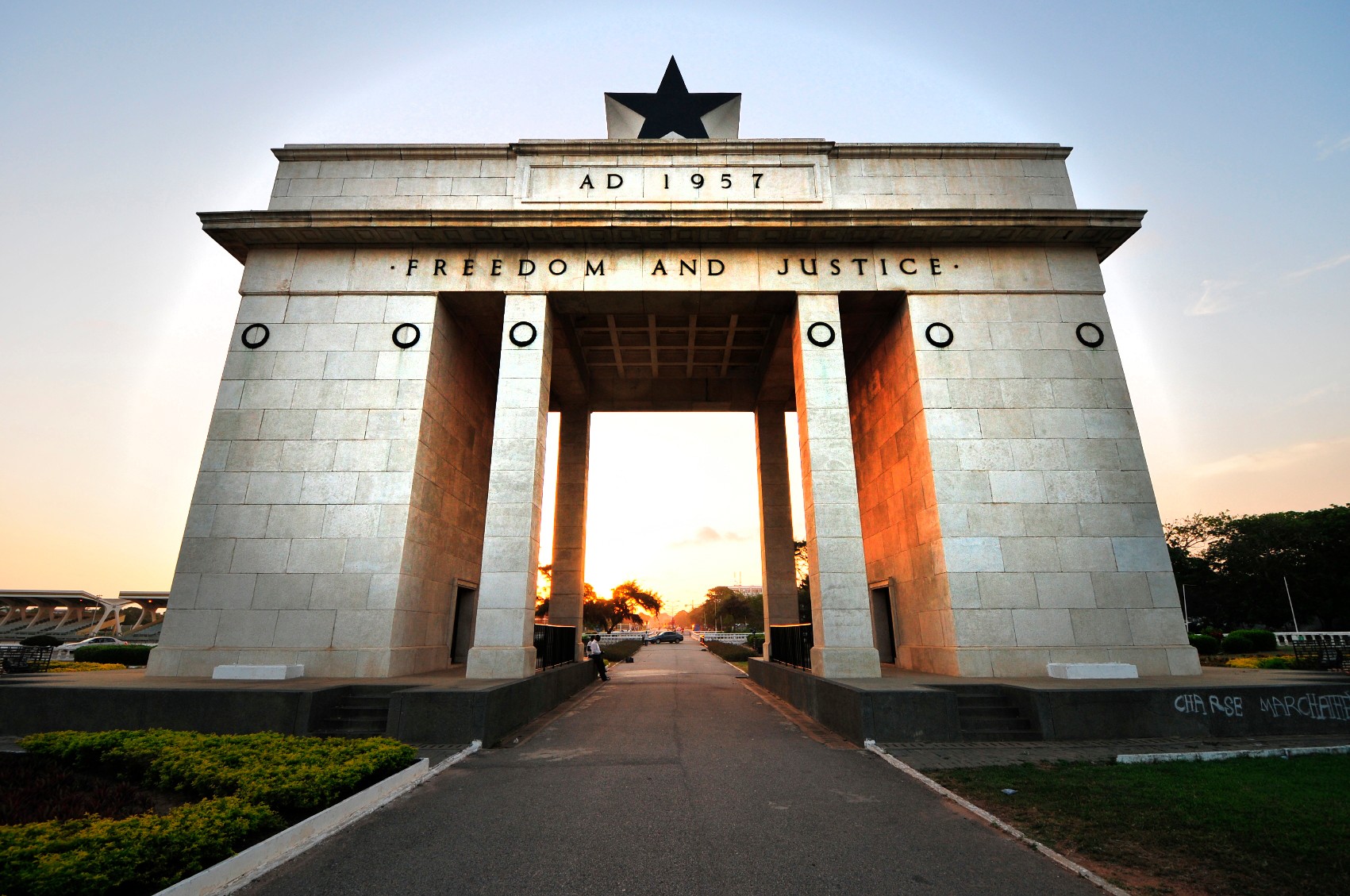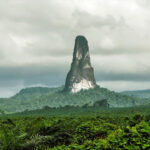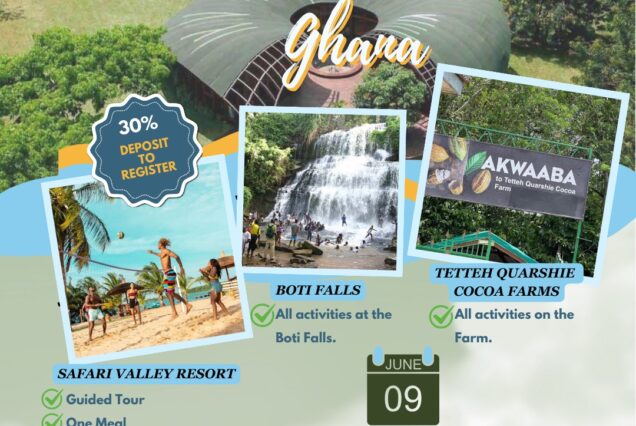Geography:
Ghana is located in West Africa, bordered by Cote d’Ivoire to the west, Burkina Faso to the north, Togo to the east, and the Gulf of Guinea and the Atlantic Ocean to the south. The country has diverse landscapes, including coastal plains, tropical rainforests, and the savannah region in the north.
History:
Ghana has a rich history, with the ancient Ghana Empire existing in the region from the 4th to the 13th century. The Ashanti Empire and Fante Confederacy were prominent in the 18th and 19th centuries. Ghana gained independence from British colonial rule in 1957, becoming the first sub-Saharan African nation to achieve this milestone.
Culture:
Ghana is known for its vibrant and diverse culture. The country is home to various ethnic groups, each with its unique traditions, languages, and customs. Traditional music, dance, and festivals play a significant role in Ghanaian culture. The Kente cloth, Adinkra symbols, and traditional ceremonies like the Homowo festival are integral to Ghanaian identity.
Economy:
Ghana’s economy is diverse, with agriculture, mining, and services playing key roles. The country is a major producer of cocoa, gold, and oil. The discovery of oil in the Jubilee Field has contributed to economic growth. Additionally, Ghana has a stable political environment, fostering foreign investment.
Politics:
Ghana has a stable democratic political system. The government operates under a multi-party system, and regular elections are held to choose the president and members of parliament. The country has a history of peaceful transitions of power, strengthening its democratic institutions.
Tourism:
Ghana boasts a variety of tourist attractions. The Cape Coast Castle and Elmina Castle, both UNESCO World Heritage Sites, are reminders of the trans-Atlantic slave trade. The Kakum National Park offers a unique canopy walk, and Mole National Park provides opportunities for safari adventures. The friendly hospitality of Ghanaians is often noted by visitors.
Education:
Ghana places a strong emphasis on education. The country has made significant strides in increasing access to education, and literacy rates have improved over the years. Several universities and educational institutions contribute to the development of human capital.
This summary provides a glimpse into the diverse and dynamic nature of Ghana, touching on its geography, history, culture, economy, politics, tourism, and education. If you have specific points you’d like to elaborate on or if there’s anything else you’d like to include, feel free to let me know!

